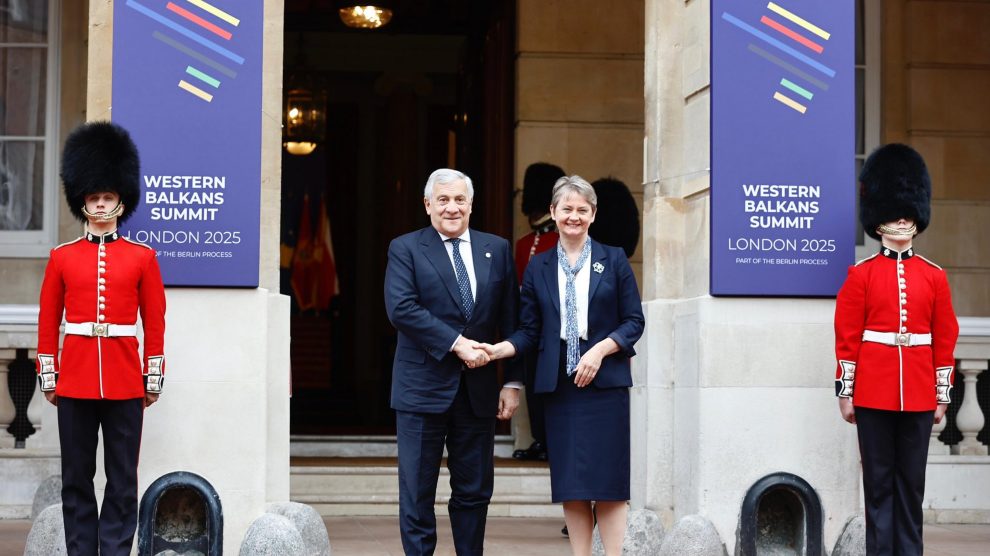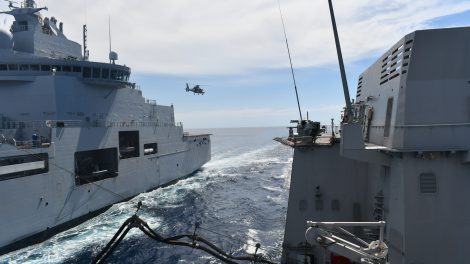What happened: The summit, part of the Berlin Process, brought together top figures, including UK Prime Minister Keir Starmer, EU Foreign Policy Chief Kaja Kallas, German Chancellor Friedrich Merz, and Italian Foreign Minister Antonio Tajani.
Why it matters: The Western Balkans remain one of Europe’s most fragile regions — a geopolitical fault line where Russian influence, ethnic divisions, and migration pressures intersect.
- Since Russia’s invasion of Ukraine, the EU’s interest in speeding up enlargement and stabilising the area has intensified.
Between the lines: The migration challenge. Britain says a quarter of migrants crossing the Channel have passed through the Balkans. Starmer vowed to “shut down” this route, while some regional leaders pushed back against UK ideas for “return hubs” where deported asylum-seekers could be held.
- Albanian PM Edi Rama was blunt: “Never in Albania.”
- Montenegro’s Milojko Spajic quipped he might consider it “if Britain invests €10 billion in railways.”
- Italy has historically managed migration flows from the Balkans — both maritime routes from the South and land routes from the North — and the Meloni government has repeatedly placed the issue at the core of European cooperation, in line with the EU’s priorities.
Italy’s view — Tajani’s push for enlargement: During the meeting, Italian FM Tajani emphasised that Rome is working “to accelerate the accession of the Western Balkans to the European Union — an objective on which there is unanimity.”
- Tajani noted that these countries “should join before Ukraine and Moldova,” stressing that the Balkans are already part of Europe and that their integration is a political and strategic priority for Italy.
- The Italian Minister also linked the process to broader connectivity plans, highlighting the potential of the IMEC corridor — stretching from India through Israel, the Gulf, Egypt, and the Mediterranean to Trieste — as a driver for infrastructure, trade, and rail links such as the Belgrade–Trieste route.
- He added that the Balkans are “a region where Italian companies can expand exports and investments,” framing Italy’s message as friendship and Western unity.
The big picture: By hosting the summit post-Brexit, the UK is signalling that it still seeks a strategic role in Europe’s security architecture — especially on migration and countering Russia’s footprint in the Balkans.
- Rome joins the message from London: Europe’s borders begin well before the EU’s.





